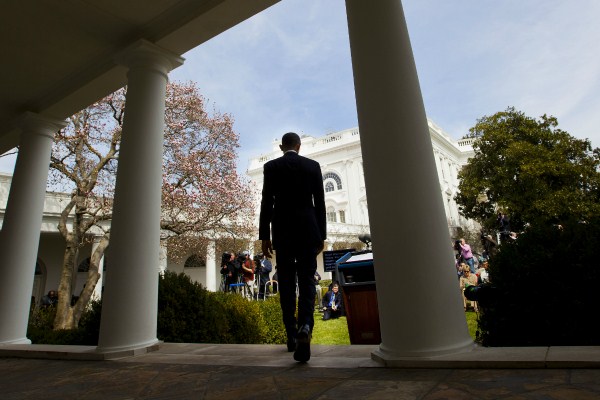Last week, U.S. President Barack Obama unveiled a diplomatic framework designed to prevent Iran from obtaining nuclear weapons. Opposition to the negotiations in Washington, which was intense all along, exploded, soon collapsing into near-hysteria. Critics compared the framework to the 1938 Munich agreement—the widely accepted gold standard for weakness and appeasement.
Opposition to the Iran framework agreement has many sources. One of the most important is that, after several decades with no major arms control agreements, the American public and its elected representatives no longer understand the complex and often counterintuitive logic of arms control. Paradoxically, the more hostile and dangerous an opponent, the more important arms control becomes.
Accords with friendly nations normally matter little. The most important arms control treaties are like shotgun weddings, fueled by necessity rather than shared values or a common worldview. Agreement only happens when both sides believe that tempering antagonism outweighs the benefits of continuing or escalating it. This means there are limited windows of opportunity for arms control, and these windows tend to close if they are not exploited.

